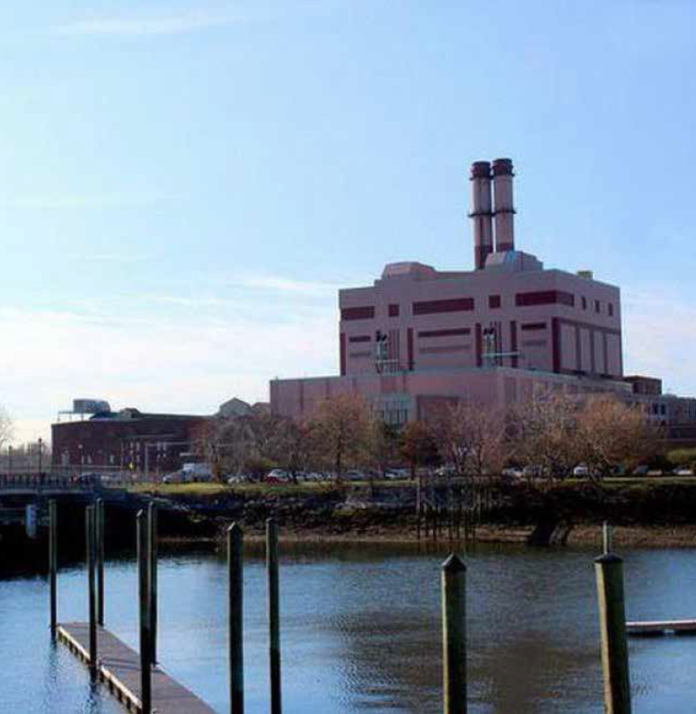Request Made To Extend Comment Period
At the final public hearing held at The Tynan School, there was not much support from the residents in attendance for housing on the Edison Plant site. As one resident put it, “ the building is not bothering anyone right now”.
It was noticeable to some that, other than the elected officials from the neighborhood, the audience was outnumbered by those working for the BPDA and the developer, Redgate/Hilco. As such, there was a mild buzz, among some attendees, about the sporadic attendance, over the course of the public hearings process, by several appointees to the Impact Advisory Board (IAG), whose responsibility it is to protect the interests of local residents, institutions and businesses, leading some to comment quietly that the development is probably “ in the bag”. IAG attendance was noticeably higher at this, the last, meeting.
But more to the point, the proposed development with the combination of Housing, Commercial, Office, Retail and Hotel uses is of most concern to residents given the traffic, parking problems and congestion in the area that is already at a critical point.
Democratic nominee for State Representative David Biele and District City Councilor Ed Flynn and residents like John O’Toole and others have called for an independent environmental and traffic study and consider it very important to the decision process. Residents argue that their focus is on ‘quality of life’ and health concerns. Construction of housing and hotels will be the most disruptive use, relative to both the traffic and environment fallout from the massive scale, as well as the costs to mitigate.
Those concerned about open space and the impact of hazardous material being disturbed want assessments done immediately and results made available to residents before any demolition is carried out. Residents want the open areas around the Edison plant, like M Street Park and the Butler Corridor Park to be assessed. insisting that these issues all be answered specifically and in detail, with adequate timelines for response.
The developer’s proposal outlines two or three alternative plans, especially one that calls for a development of offices and retail, and other amenities that would significantly reduce the scale of the impact on the South Boston community. Working and commuting, whether by public transportation or use of vehicles, is much less intrusive on the infrastructure than over 1300 residential units. Many argue that local businesses would see economic benefit and the maritime activity would be more compatible with a non-residential development.
Tim Czerwienski, the BPDA planner assigned to the Edison Plant, seemed to suggest that the October 30 comment period deadline was not hard and fast and that the BPDA would accept comments thereafter. But that did not sit well, and residents are looking for a more official statement.
Upon reviewing the BPDA preamble guidelines it states, “ Pursuant to Section 80B-4 (c) (i) (3), the BPDA shall issue a written Preliminary Adequacy Determination (PAD) within ninety (90) days. Public comments, including the comments of public agencies, shall be transmitted in writing to the BPDA no later than fifteen (15) days prior to the date by which the BPDA must issue its PAD. The PAD shall indicate the additional steps, if any, necessary for the Proponent to satisfy the requirements of the Scoping Determination. If the BPDA determines that the Draft Project Impact Report (DPIR) adequately describes how the Proposed Project’s impacts and, if appropriate, propose measures to mitigate, limit or minimize such impacts, the PAD will announce such a determination and that the requirements of further review are waived pursuant to Section 80B-5.4 (c) (iv). Section 80B-6 requires the director of the BPDA to issue a Certification of Compliance indicating the successful completion of the Article 80 development review requirements before the Commissioner of Inspectional Services can issue building permit for the proposed project.” In other words, there are requirements that may need to be officially waived in order to extend the comment period.
Elected officials are calling for an extended comment period and hearing from some residents that they are planning to be more aggressive in pressing for details on the complete impact on the neighborhood.











